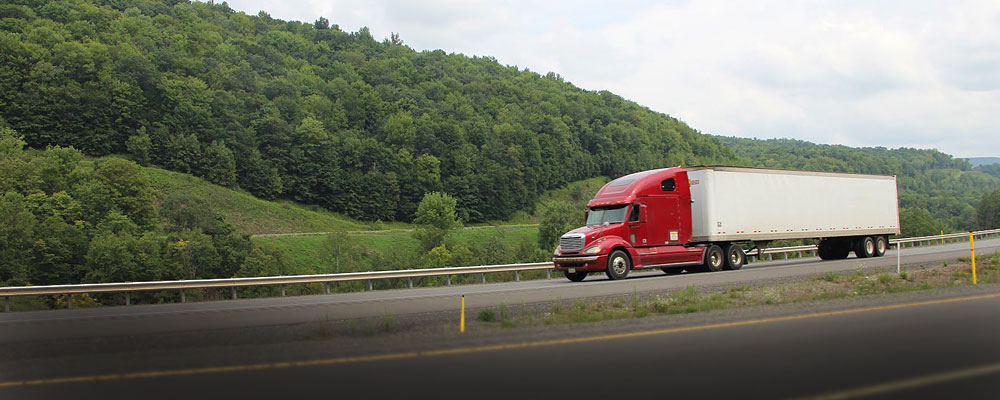What is the difference between OTR, Regional, and Local trucking?
There are many differences between OTR, Regional and Local truck driving, but there are also similarities. As with most truck driving jobs, a CDL truck driver usually helps load and unload freight. While physical labor should be expected, drivers can sometimes get drop and hook or no touch runs. In addition, regardless of what type of truck driving you do, all drivers can be on duty up to 70 hours every 8 days per DOT regulations.
- What is OTR trucking?
- OTR stands for over the road, referring to truck drivers hauling freight over long distances, spending 3-4 weeks at a time on the road. OTR drivers drive all across the United States and Canada. OTR truck drivers haul all types of items including heavy freight, machinery, construction materials, and other equipment.
- What is regional trucking?
- Regional trucking refers to the part of the country a driver moves goods and materials. Typically, it’s broken up into divisions like Northeast, and Midwest and usually within a 1,000 mile radius. With OTR and regional trucking, the format is mostly the same – you are out driving for a set amount of time, then, depending on your company’s policy, home for certain number of days. Regional trucking days usually coincide with weekends which is a main appeal for this type of route over OTR.
- What is local trucking?
- Local trucking allows the driver to be home every night, which can be a real benefit to those with a family. The routes are local, typically within a 200 mile radius and consist of an 8-10 hour work day. Local trucking can be more difficult than OTR or regional trucking due to the nature of the job. With local trucking, you’ll need to be able to navigate smaller roads on a regular basis rather than the highway, as well as, backing into tight loading docks multiple times a day, which is why many local truck driving companies require at least a year of CDL driving experience.
- What is a Dedicated Route?
- A dedicated route is when a trucking company services the same company or location regularly. More often than not a truck driver will pick up a load at a regular location and then deliver it to a dedicated customer.
Whether you want to be an OTR driver, regional driver or local driver, you need proper training. Truck driving schools offer CDL training and specific OTR training. Some CDL schools include financial assistance to help cover the cost of tuition or a trucking company that hires you may pay for your training tuition. Before choosing a school, verify that the school offers hands-on training and ask whether or not assistance with job placement is offered upon graduation.
Fundamental Labor Strategies is an expert in connecting truck drivers to trucking jobs. View our available local jobs.

